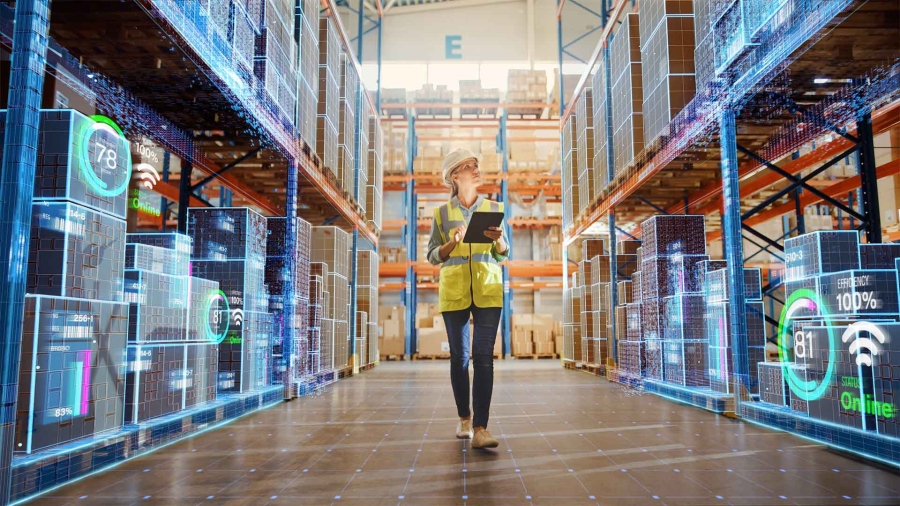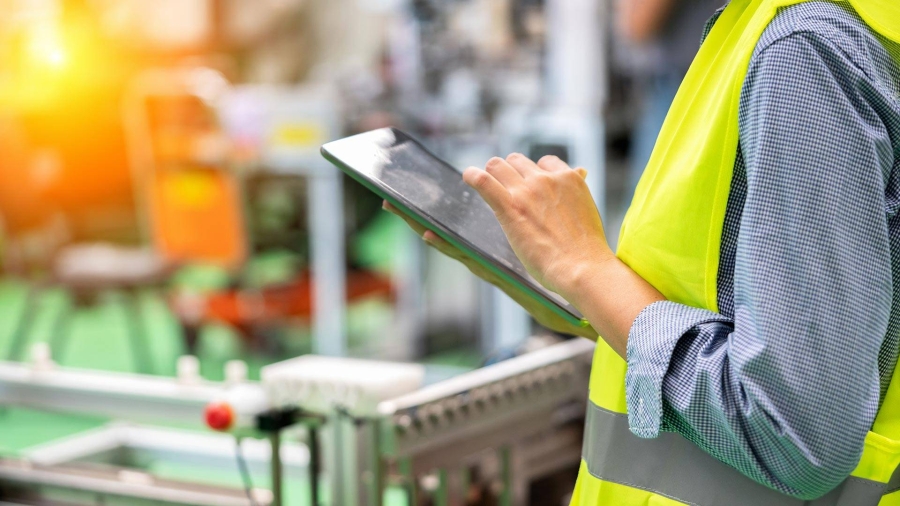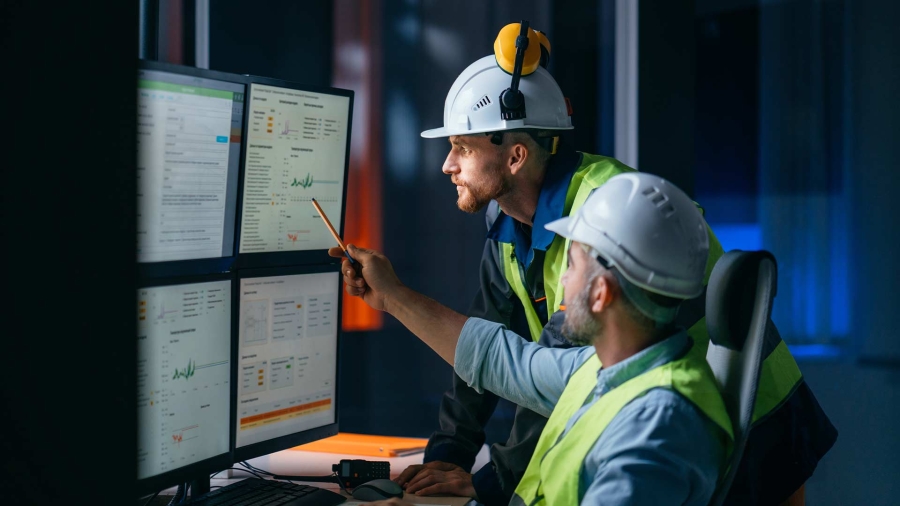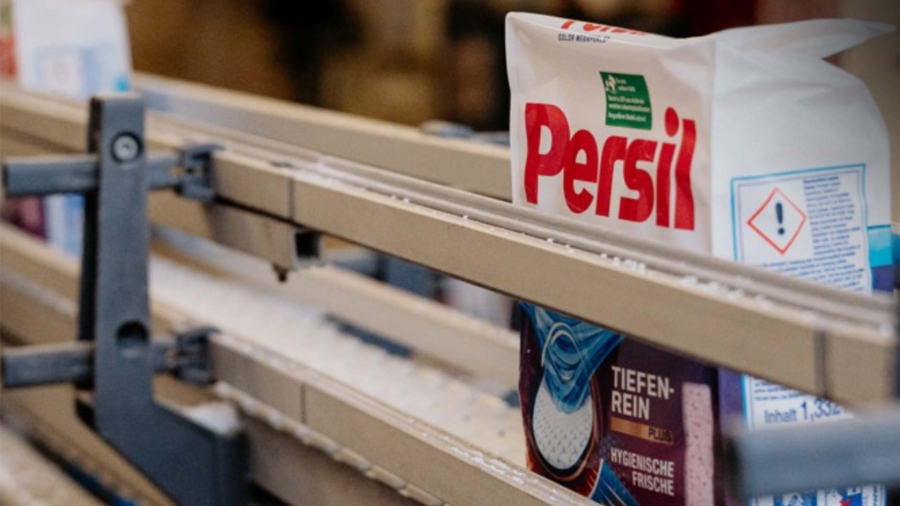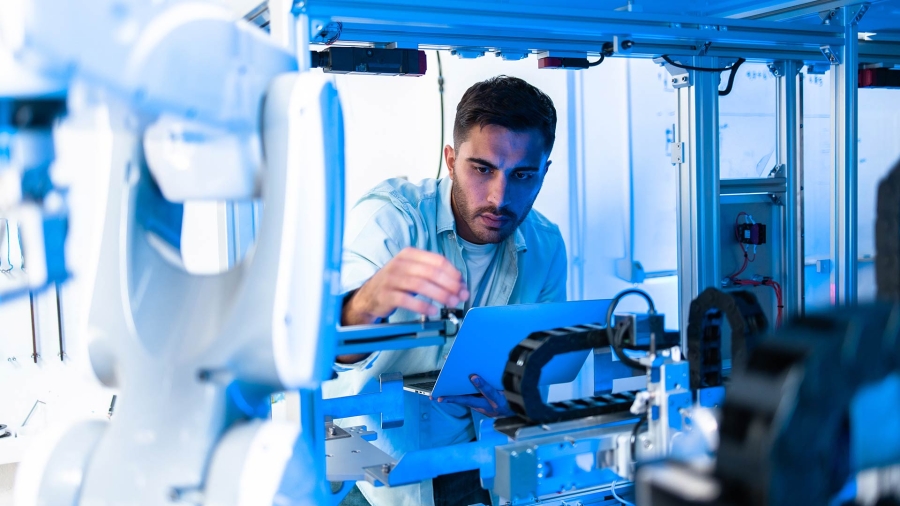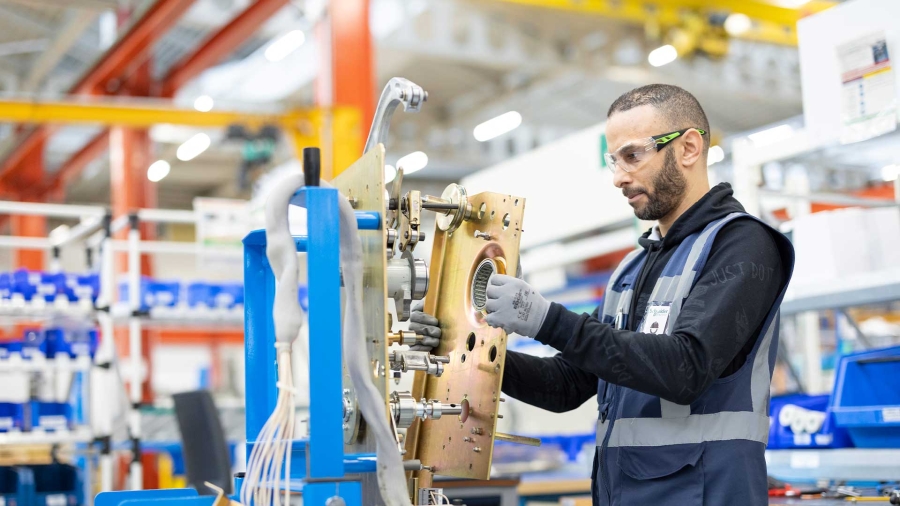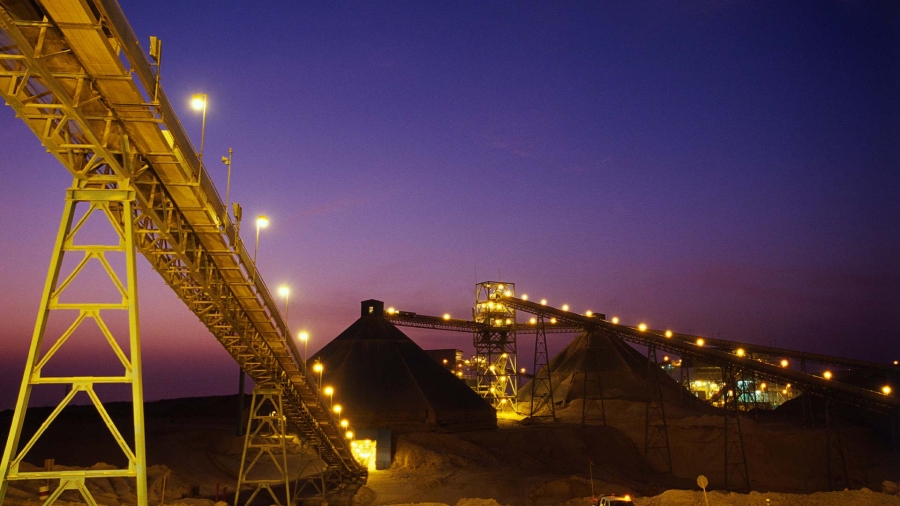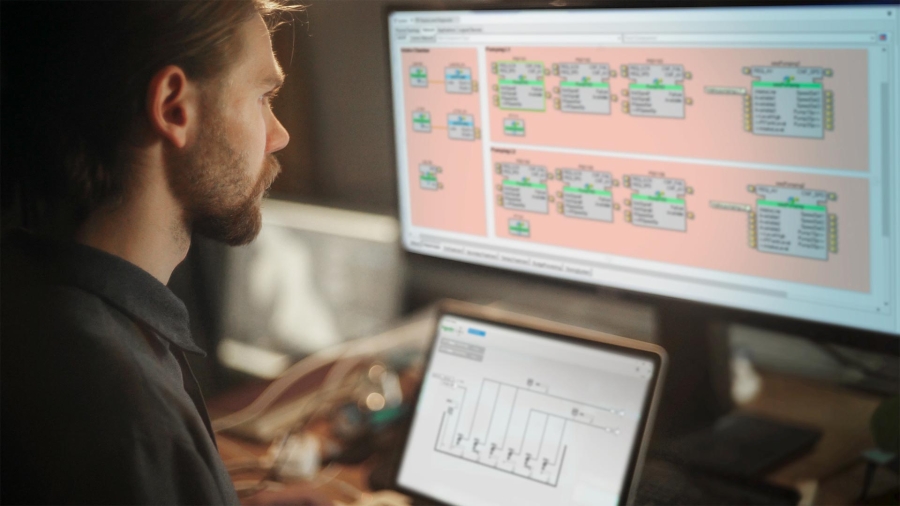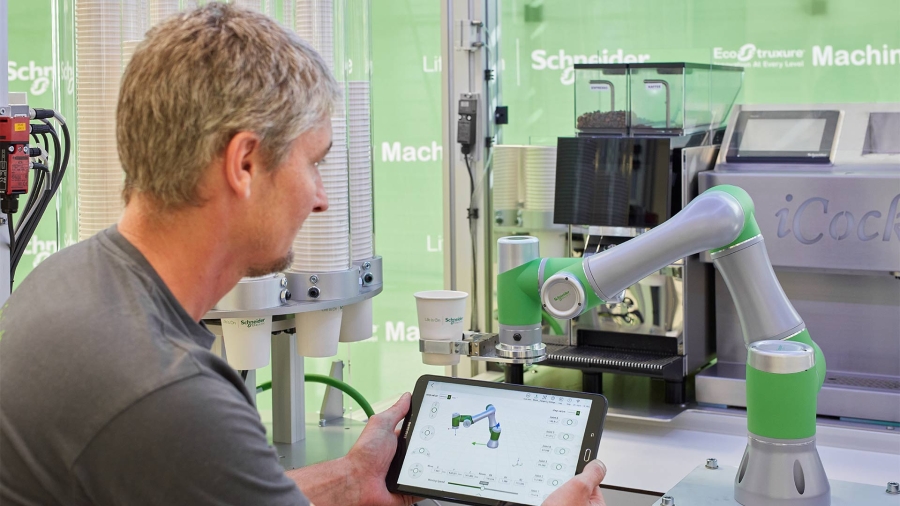We're witnessing the acceleration of the fourth industrial revolution, spurred on by the climate emergency and the shift to net zero industrial practices. Immense challenges remain, yet adopting an innovation mindset, by embracing artificial intelligence and cloud technologies, using digital twins and integrating data to operate more efficiently, will drive future success.
The past two years have demonstrated the power of thinking differently. Industries who invest in the cloud and digital twins while harnessing the potential of artificial intelligence ─in other words, those adopting a truly digital mindset in response to disruption ─are set to succeed.
With the pandemic continuing and the climate crisis intensifying, what began as a survival reflex has developed as a pathway to a more efficient, networked and sustainable future. As the World Economic Forum’s annual meeting in Davos convenes virtually for the second year in a row, global business leaders are reflecting on the lessons learned in crisis, and what they mean for our networked world. We too would like to take the opportunity to share a few thoughts on how these trends are already shaping the industries of the future.
Integrated data and analytics hold the key to efficiency
Operational resilience, values-led leadership and data-centric operating models have together created new avenues for growth. Manufacturing and industrial teams across the world have adjusted to different ways of operating. Providing more than just resilience, a digital approach helps to overcome logistical disruption and supports generational shifts in the workforce. As we consider further disruption driven by the climate emergency and which, in time, will dwarf the pandemic, we believe that long-term business success lies in pivoting to data-led operations.
Data-led automation increases productivity
Industry-specific artificial intelligence (AI) enables companies to work more efficiently. Pattern recognition from digital twins combined with AI and decision support connects systems so people can work in new ways. Some of Schneider Electric’s smart manufacturing factories in Asia experienced this first-hand because of social distancing measures enforced during lockdowns in 2020. As factories were closed to workers, operations moved to the cloud, and even while functioning remotely, teams safely achieved 30% increases in productivity. The lessons learned in those early days of the pandemic have set new efficiency standards that are being deployed throughout our global network in 2022.
Digital thinking unlocks ingenuity
Most organizations operate hybrid networks that combine data that is stored both on-premise and in the cloud. Increasingly, companies are looking to share data securely but agnostically throughout their industrial ecosystem. We call this the connected industrial economy. Companies should embrace this to boost efficiency with suppliers, partners and customers and accelerate growth throughout the value chain. According to Gartner, cloud-based data-sharing is key to integrating working teams and driving the decision-making required to cut carbon emissions, increase profitability and ensure agility. Aker Carbon Capture is using AVEVA cloud-based software to design leading-edge facilities capturing carbon dioxide from industrial operations.
Digital innovations can bring net-zero closer, quicker
As witnessed during the pandemic, digital operating models drive more efficient ways of working. Our strategic alliance with EDF in France will deliver the next-generation of nuclear facilities and our collaboration with Enel supports their automated plant vision. These are just the beginning of the new, low-carbon power generation industries of the future, enabled by adopting a digital mindset.
In today’s business world, turbulence is one constant. By adopting a digital mindset built on continuous innovation, industries can use data-centric intelligence to become more agile and capture more growth. This digital foundation, enhanced with AI and scaled in the cloud, gives us the confidence to succeed both in today’s changing world and for tomorrow’s sustainable future.
To learn more about success in our connected industrial economy, read Harvard Business Review’s paper The Data Dividend, featuring Peter Herweck and Schneider Electric’s Anthony Loy.




